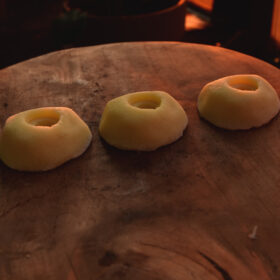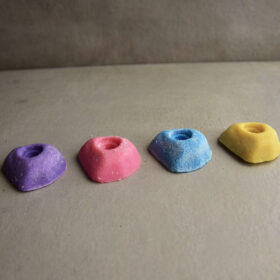The Discovery of Soaps
Soap was discovered approximately 6000 years ago. The exact details of its discovery are not known, but historical evidence suggests that early civilizations stumbled upon the concept of soap while experimenting with natural substances and their effects on cleaning. It is believed that people noticed the cleansing properties of certain mixtures containing animal fats or vegetable oils and ashes.
One theory suggests that early civilizations living near rivers or water bodies observed that the combination of animal fats or vegetable oils, which contain natural oils or fats, and the ashes from fire pits created a substance that helped remove dirt and grease. These mixtures, when applied to the body or objects, produced a cleansing effect. Over time, experimentation and refinement of the soap-making process led to the development of more effective and specialized soap formulas.
Ancient civilizations such as the Babylonians and Egyptians further advanced the knowledge of soap making. The ancient Babylonian excavations revealed inscribed cylinders that provided instructions on soap production. In ancient Egypt, records described the combination of animal and vegetable oils with alkaline salts to create soap.
The discovery of soap played a significant role in improving hygiene and cleanliness throughout history. It eventually led to the commercialization and widespread availability of soap, which continues to be an essential product in modern society.



